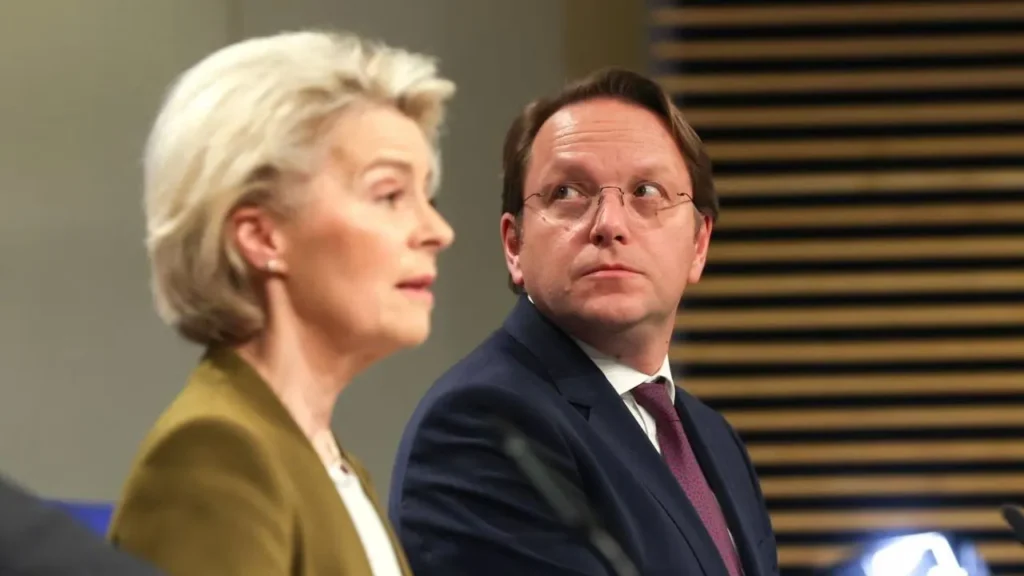European Commission Implements Stricter Measures in Palestinian Development Aid
EC tightens Palestinian aid post-Hamas, freezes €39M. Controversy over anti-incitement measures and increased scrutiny.

With a Gaza death toll of 0.5 percent of its population and almost every second house damaged noted by the United Nations, the European Commission cuts of aid to Palestine and urges increased documentation from its civil society groups receiving EU development aid.
Following the Hamas attack on October 7th, the EU initiated a €331 million Palestinian development aid review to ensure funds weren’t inadvertently supporting terrorism. According to The Irish Times report, the recent conclusion of the review found existing safeguards effective, with no evidence of funds diverted for unintended purposes. However, the Commission announced stricter controls moving forward.
While €216 million in grants were approved, payments totaling €39 million to 51 NGOs and civil society organizations are on hold pending new paperwork submission. The altered circumstances necessitate “extra vigilance,” especially with Gaza-involved organizations, the Commission stated.
The 51 organizations received letters requesting information on enforcing contractual obligations and an assessment of their ability to continue amid changing conditions. EU contracts now include restrictive measures and anti-incitement clauses introduced in 2020 and 2021, preventing involvement with EU-sanctioned entities and prohibiting incitement to hatred and violence.
Two organizations face accusations of breaching the anti-incitement clause, currently under investigation. Another project’s payment is frozen pending clarifications on potential reputational risks.
Future grant conditions will be more stringent, with mandatory inclusion of anti-incitement and restrictive measure clauses, extending to subcontractors. Ad-hoc eligibility criteria will exclude entities involved in incitement. Screening immediate family members of Pegase scheme beneficiaries is recommended, but feasibility concerns remain.
Despite internal opposition, the commission moves forward, led by Commissioner Olivér Várhelyi, whose pro-Israel stance raises concerns about aid denial by stealth. The introduction of stricter rules prompted speculation of deliberate obstruction, countered by the commission’s assertion of discretionary imposition without broad agreement.
The tightening of rules has sparked controversy, notably regarding increased scrutiny of social media posts, given the evolving definitions of anti-Semitism and legitimate criticism of Israel across EU states. Commission President Ursula von der Leyen endorsed the changes, evident in her quote included in the press release. it indicates that the EU will cut aid to Palestine in the coming weeks and months.